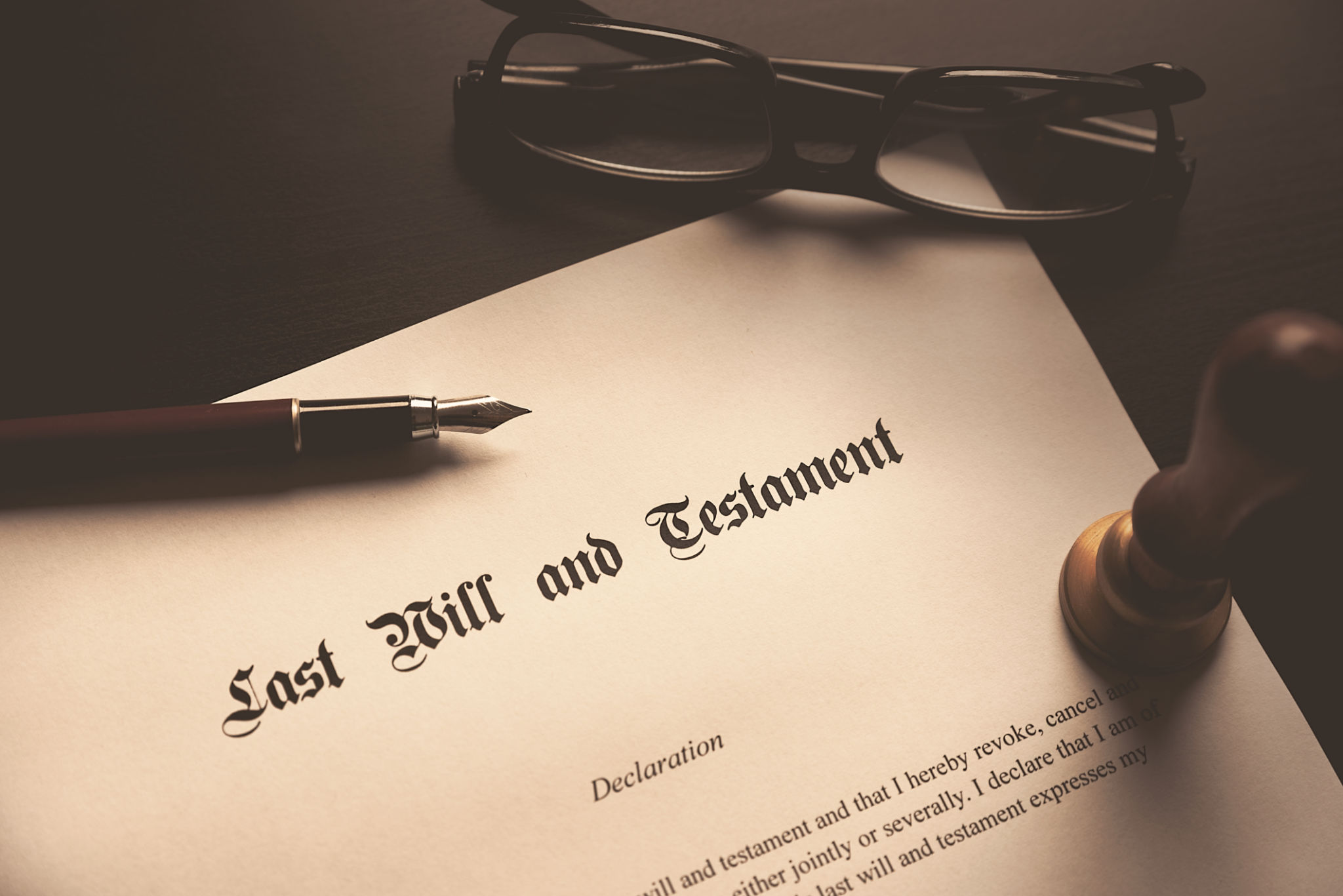Estate Planning FAQs: Expert Insights and Guidance
Understanding Estate Planning
Estate planning is an essential process that ensures your assets are distributed according to your wishes after your passing. It involves a variety of legal documents and strategies tailored to meet your specific needs and goals. While it may seem daunting, understanding the basics can help you make informed decisions.

One of the most common questions is, "What exactly does estate planning involve?" At its core, estate planning includes drafting a will, setting up trusts, and designating beneficiaries for retirement accounts and life insurance policies. It's about creating a plan to manage your estate during your lifetime and beyond.
The Importance of a Will
A will is a crucial component of any estate plan. It allows you to specify how your assets should be distributed and who will be responsible for executing your wishes. Without a will, the state will decide how to distribute your assets, which may not align with your intentions.
Many people wonder, "Who should be named as an executor?" Ideally, you should choose someone trustworthy and organized, as they will be responsible for settling your estate. This person can be a family member, friend, or even a professional fiduciary.

Common Estate Planning Tools
Besides wills, other tools can play significant roles in estate planning. Trusts are popular for managing assets and providing privacy since they bypass the probate process. There are several types of trusts, including revocable and irrevocable trusts, each serving different purposes.
- Revocable Trusts: These allow you to retain control over the trust assets during your lifetime and can be altered or revoked.
- Irrevocable Trusts: Once established, these cannot be changed. They offer benefits like asset protection and tax reductions.
Understanding Powers of Attorney
Another essential element of estate planning is establishing powers of attorney. These legal documents authorize someone to make decisions on your behalf if you're unable to do so. There are two main types: financial power of attorney and healthcare power of attorney.
A financial power of attorney grants someone the authority to handle your financial matters, while a healthcare power of attorney allows someone to make medical decisions for you. It's advisable to choose individuals you trust implicitly for these roles.

Benefits of Professional Guidance
While it's possible to handle some aspects of estate planning on your own, consulting with an estate planning attorney can provide peace of mind. Professionals can help you navigate complex legal requirements and ensure your documents are in compliance with current laws.
Moreover, expert guidance can help you explore options you might not have considered, such as charitable giving or special needs planning. This ensures that your estate plan is comprehensive and reflects all your wishes.
Reviewing and Updating Your Plan
Estate planning is not a one-time event; it requires regular review and updates. Major life changes such as marriage, divorce, the birth of a child, or significant financial changes can impact your estate plan. Regular reviews ensure that your plan remains aligned with your current circumstances and wishes.
Remember, an effective estate plan provides not just for the distribution of your assets but also for your care during life events that may leave you incapacitated. Taking the time to understand and implement a well-thought-out estate plan is one of the most thoughtful gifts you can leave for your loved ones.
